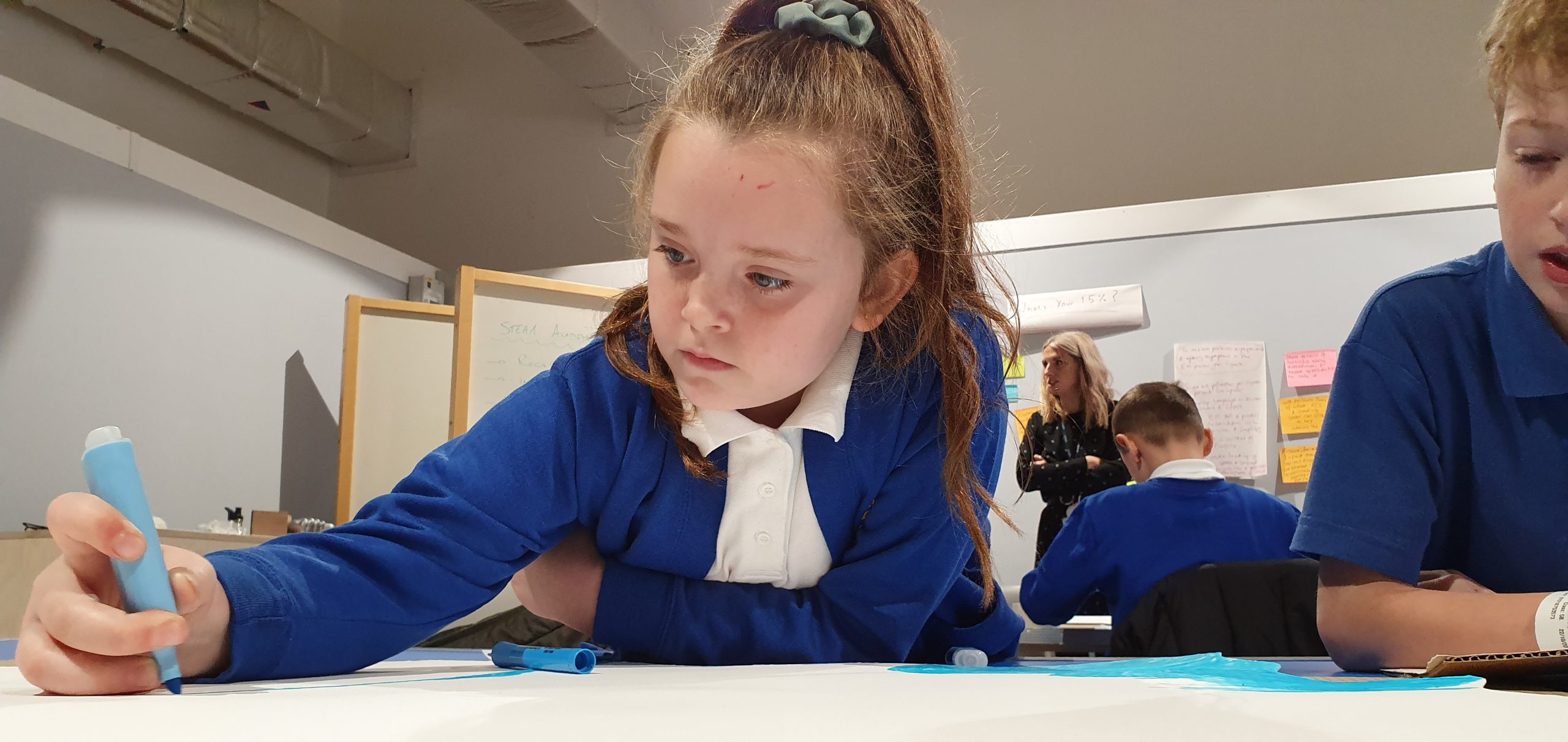
Formative assessment
Assessment is a continuous process at Hillstone, not something that just happens when books are ‘marked’ or children take tests. Formative assessment informs our staff of where the pupils are in relation to their learning journey. Teaching staff will gather information from pupils before, during and after the lesson. This will inform personalised learning and this information will be shared with support staff. During lessons, staff will talk to the pupils and discuss and look at their work. This continuous assessment helps the teaching staff find gaps in pupils’ learning, plan future learning and ensure the children ‘keep up’ and don’t have to ‘catch up’. We will then allow a suitable amount time for children to respond to marking and provide suitable tasks for those who finish sooner than others. We are also incorporating shorts spells retrieval practice in lessons to aid the pupils make explicit links to previous learning.
Children self-assess in lessons against the relevant Insight objective(s), at the end of each lesson, and on the pupil learning sheets at the end of a project.
Learning journals and maths books are marked daily, in accordance with the feedback policy.
Our policy states that feedback exists to help and inform children by:
- letting them know whether they have been successful
- helping them to improve
- helping instil a growth mind-set
Whenever feedback is given to children, it should be:
- kind – If it isn’t, the child may ‘close down’.
- specific – It should identify what they have/haven’t done well.
- helpful – It should help them to progress and be expressed in a way they can understand.
- Children should have time to act on the feedback, if needed.
Professional judgements
Summative assessments (tests) are taken in reading, grammar (in key stage 2) and maths three times a year. These results, along with talking to the pupils, work in books and data from Insight (our online assessment monitoring system) then informs our ‘professional judgements’.
Professional judgements are ‘point in time’ assessments that give a judgement how individual pupils are progressing through the curriculum. They will be judged as either working well below, working below, working at expected or working at a greater depth.

